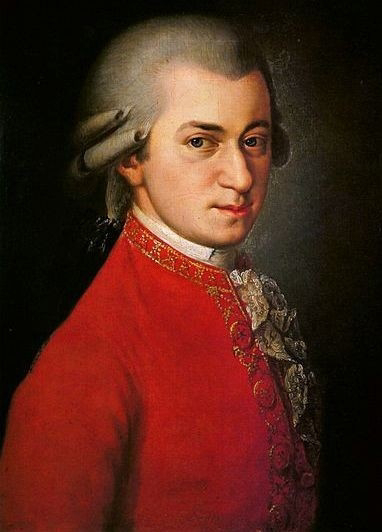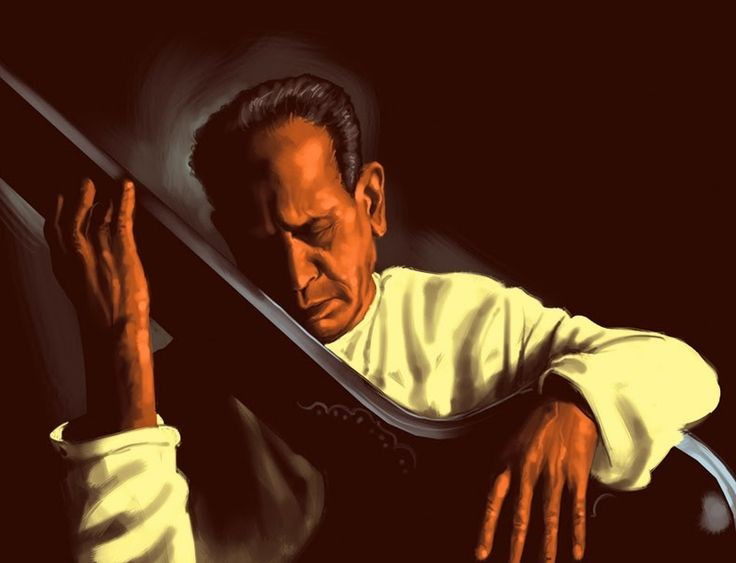The Invisible Thread of Music: Weaving Emotions, Creativity, and Life
Music, an ethereal companion, accompanies us throughout our lives. From soothing lullabies to energetic rhythms and melancholic melodies, music is an integral part of our journey. But have we ever stopped to consider its profound impact?
Echoes of Feelings: Music's Emotional Resonance
Music possesses an extraordinary ability to evoke and amplify emotions. Uplifting melodies can instantly boost our mood, while somber songs allow us to process nostalgia and sadness. This emotional resonance stems from music activating the brain's emotional processing centers, releasing endorphins and happiness hormones.
The Therapeutic Power of Music: Harmony and Healing
Beyond entertainment, music serves as a potent therapeutic tool. Ancient philosophers like Pythagoras and Plato recognized its healing potential, which modern science confirms. Music therapy treats various ailments, including depression, anxiety, insomnia, and neurodegenerative diseases.
Key Discoveries
- Mozart's music temporarily enhances spatial-temporal abilities (the "Mozart effect").
- Music influences neurotransmitters like dopamine and serotonin, regulating mood.
- Music activates the brain's reward center, making it addictive.
- Singing, playing instruments, or dancing fosters social bonds and joy.
Healing Frequencies and Rhythms
- 432 Hz frequency is believed to promote stress reduction and mood improvement.
- Relaxing music lowers stress, anxiety, and improves sleep quality.
- Music stimulates neural connections, enhancing memory, concentration, and learning.
- Music relieves pain perception and reduces the need for painkillers.
The undermentioned legendary musicians have contributed significantly to the realm of therapeutic music, providing solace and comfort to individuals coping with mood, emotions, and well-being. Here's an overview of their roles:
Wolfgang Amadeus Mozart (1756-1791)
- Mozart Effect: Research shows that listening to Mozart's music, particularly "Sonata for Two Pianos in D major, K. 448," temporarily improves spatial-temporal skills, boosts intelligence, and reduces stress.
- Emotional Balance: Mozart's music is known for its calming effects, reducing anxiety and promoting relaxation.
- Therapeutic Applications: Mozart's music is used in music therapy for individuals with Alzheimer's, dementia, and autism.
Tansen (1506-1589)
- Indian Classical Music: Tansen's contributions to Hindustani classical music have a profound impact on emotional well-being.
- Raga Therapy: Tansen's ragas (musical modes) are believed to evoke specific emotions, helping balance the mind and body.
- Spiritual Connection: Tansen's music is considered a bridge between the divine and human, promoting spiritual growth and emotional healing.
Ludwig van Beethoven (1770-1827)
- Emotional Expression: Beethoven's music is renowned for its intense emotional expression, resonating with individuals experiencing strong emotions.
- Catharsis: Beethoven's music provides a safe outlet for processing and releasing emotions, promoting emotional cleansing.
- Inspirational Influence: Beethoven's triumph over personal struggles and hearing loss inspires individuals to cope with their own challenges.
Johann Sebastian Bach (1685-1750)
- Mathematical Harmony: Bach's music embodies mathematical harmony, creating a sense of order and balance.
- Emotional Stability: Bach's compositions promote emotional stability, reducing stress and anxiety.
- Spiritual Upliftment: Bach's sacred music uplifts the spirit, fostering a sense of connection to the divine.
Bismillah Khan (1916-2006)
- Shehnai Maestro: Bismillah Khan's shehnai (Indian oboe) playing is revered for its emotional depth and spiritual significance.
- Emotional Healing: Khan's music is believed to heal emotional wounds, promoting inner peace and calm.
- Cultural Ambassador: Khan's music bridged cultural divides, spreading Indian classical music globally.
Bhimsen Joshi (1922-2011)
- Kirana Gharana: Joshi's contributions to the Kirana gharana (musical tradition) emphasize emotional expression and spiritual connection.
- Raga Therapy: Joshi's renditions of ragas are used in music therapy to balance emotions and promote relaxation.
- Inspirational Legacy: Joshi's dedication to music and spiritual growth inspires generations of musicians and music lovers.
These musical legends have contributed significantly to the development of therapeutic music options, providing:
> Emotional balance and stability
> Stress relief and relaxation
> Spiritual growth and connection
> Catharsis and emotional release
> Inspirational guidance
Their music continues to inspire, heal, and uplift individuals, offering a holistic approach to managing mood, emotions, and well-being.
Consciously Harnessing Music's Power
By incorporating music into my life, I have
- Strengthened my immune system
- Improved well-being
- Increased stress resilience
- Enhanced emotional balance
- Tapped into otherwise latent aspects of my creativity
- Regenerated old and lazy cells
- Triggered intuitive wisdom by activating the pituitary gland
Embracing music's invisible thread can transform our lives, weaving emotions, creativity, and harmony into the fabric of our existence.









Enjoyed reading about each of these musicians and their contribution to our lives.Life would be dull without music.Indeed !
ReplyDeleteBeautiful composition. Like in symphonies. The crescendo and the diminuendos.
ReplyDelete